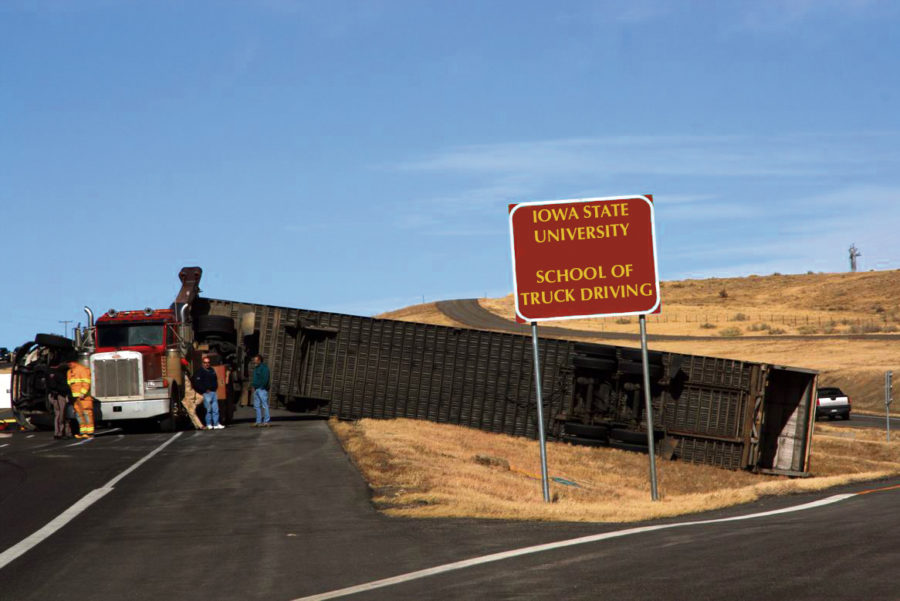Editorial: ISU’s mission is different from a community college
Photo courtesy of Flickr/Jessica Feis
Opinion: ISU and Community College
August 22, 2012
Back in June, the College of Human Sciences posted on their news website an article about associate professor Janice Friedel’s research on community colleges. Community colleges, as we know, are largely responsible for training people in shorter programs so they can enter the workforce as skilled workers as quickly as possible.
Leaders at Iowa State have assumed a similar commitment to educating people so they can make a profit after going through their commencement exercises. Testifying before the U.S. Senate Committee on Health, Education, Labor and Pensions, ISU President Steven Leath noted “from an individual standpoint, getting a well-paying, secure job is highly dependent upon continuing their education beyond high school.”
He then touted the oft-quoted numbers on earnings by education level: Mean income in 2010 for high school graduates was $40,900; for holders of associate degrees: $49,275; and for holders of bachelor’s degrees: $69,638.
That commitment to job-readiness has been made notwithstanding the fact the research of academics such as Friedel suggest a distinction between two-year community colleges and four-year land-grant Division I research universities such as Iowa State.
It has been made despite the fact the speeches of Rep. (and later Sen.) Justin Morrill’s on the land-grant colleges are strewn with arguments that the colleges founded by his bill are not to educate students so they can be mere cogs in the economy but rather to educate their students in what is practical as an addition to crafting citizens with a public orientation.
If the educational goal of this — or any — institution is to cheaply produce workers who will perform the tasks required of them according to industrial specifications, the difference between institutions such as Iowa State on the one hand and DMACC on the other are obliterated. Leath himself made that distinction when he used the words “at a vocational school or at a college or university” to end his formula for higher earnings.
Citizenship requires more than occupational training.
Each of Iowa State’s record 31,000 students should consider whether he or she is here so he can get a job and make money after graduation or whether he can make a difference in the lives of others and build a better world than he found it.
We hold in our hands the power to destroy the natural resources of the world and also to destroy the quality of our interactions.
Whether the world contains such values as courage, integrity, love and patriotism, is up to what we do for one another.
It is up to what we do for one another without considering personal profit.







